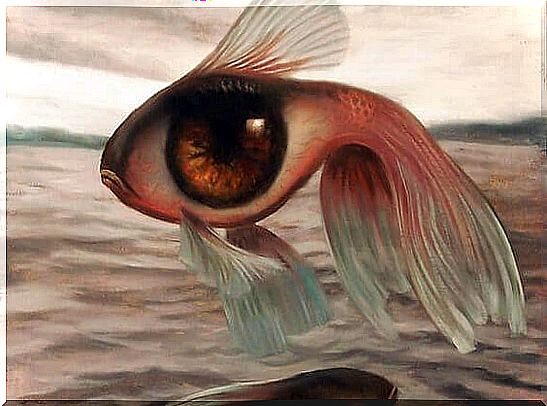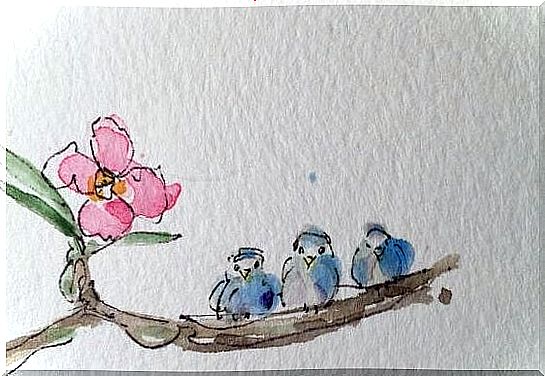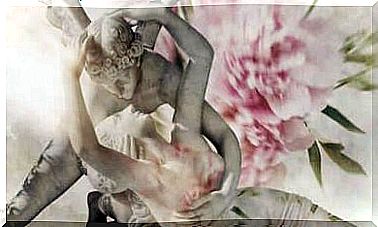Three Types Of Mind: What Type Is Yours?

Did you know that there are three types of minds? To talk about your mind is to talk about a somewhat abstract concept, which is not at all clear to many people. It is a word that aims to encompass processes that take place in our brain: thoughts, consciousness, perception, beliefs, desires, experiences, etc. Your mind is the terrain where conscious, unconscious and functional processes take place.
This mind is reflected in ideas, actions and various manifestations of brain activity. All this is produced from structured processes. In other words, all this mental activity is not random, but it obeys patterns or drawings that are learned throughout life. This does not mean that it is something immutable. In the brain, everything is receptive to change.
According to how these processes occur, some researchers have suggested the existence of three types of mind: the inflexible, the fluid, and the flexible. Each of them has its own characteristics and obeys a different kind of logic.
Now that we know that there are three types of minds, let’s look at each of them.
Unyielding minds: resistance to adopting new perspectives
Education is the factor that most influences the configuration of our minds. It is normal for people with inflexible minds to be children of inflexible parents. That inflexibility is, in principle, a defense mechanism. Fixed ideas give you a sense of greater control and protect you from insecurity. Those who have these qualities are ideal for disciplined jobs and activities.

On the other hand, those who have inflexible minds can also be somewhat superficial. They do not stop analyzing or evaluating the validity of ideas or actions. They assume that everything must happen in an orderly manner, which is also predetermined.
This causes them to have great difficulty being creative, which is why they usually limit themselves to repeating themselves. They may feel very confused and helpless if something or someone pulls them out of their comfort zone. The lack of control over situations usually generates a lot of anxiety and they suffer because of it.
Floating mind: a chameleon-like perspective
The opposite of inflexible mind, is true for fluid mind. They are not able to be consistent and therefore they adapt to what is going on around them. They take the form of the container in which they are placed. They are characteristic of people who have given up all form of control over their circumstances.

This type of mind is representative of people who need or need someone to guide them. It is difficult for them to make decisions, and even more so to take a stand on things. They do not know what to think. And since they do not know, they delegate the task to others who they feel have the certainty that they lack.
Those who have such minds also have difficulty being determined. They don’t really set goals, either. They let others set goals for them, which is enough for them. They can be very good at tasks that require a lot of subordination. Somehow they complement inflexible minds.
Flexible thoughts: a point of balance
Flexible minds are characterized by being able to adapt. Being adaptable does not mean that they, like floating minds, passively accept what is happening. The adaptation is well thought out and creative. They know how to position themselves in reality without imposing their will, but also without submitting to the will of others.

In this case, thoughts handle actions. Reality is an object that is processed and for which there is analysis and expansion. There is openness to discussions, which means that flexible minds can change opinions and adapt ideas. It is somehow a humble mind. It does not believe that it owns the truth, but it does not give in to irrational or erroneous things, since it has its own criteria.
This makes the world more friendly and constructive. This type of mind also creates the conditions for it to continue to develop. Life is change, and change is positive because it challenges us while helping us to grow.
There are three types of minds, but none of us have only one of them. We all have a bit of each of them, although the characteristics of one or the other usually dominate. Nor can it be said that there are “bad minds” and others are “good minds”. However, it is worth understanding that there are ways of thinking that help us to be happier, while others make us stagnant or dominated by others.









